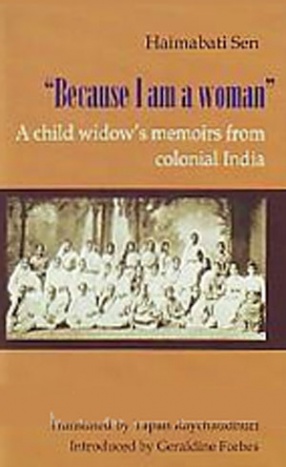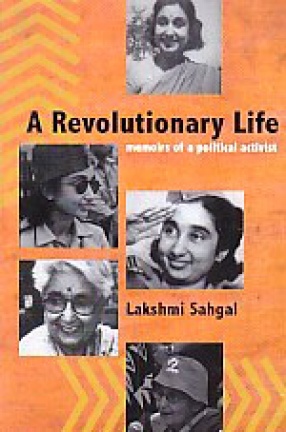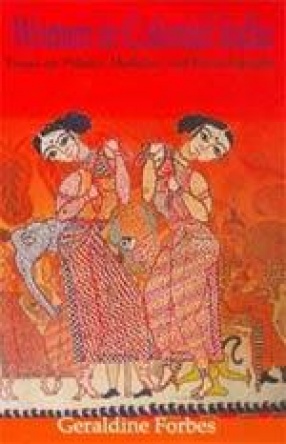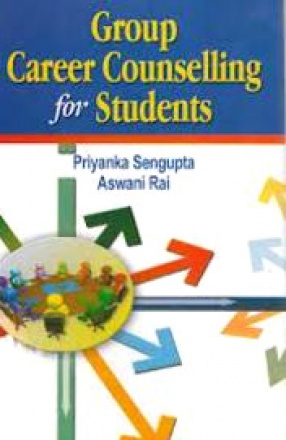The latest publication from Distinguished Teaching Professor of History Geraldine Forbes traces the life of a remarkable woman who sheds light on often-unseen scenes of colonial-era India.
“Because I Am a Woman: A Child Widow’s Memoirs from Colonial India” traces the life of Haimabati Sen from troubled childhood to respected doctor and trailblazer. One of Sen’s grandsons gave Forbes the memoirs, written in a series of notebooks, and she worked with Tapan Raychaudhuri, a retired professor from St. Antony’s College of Oxford and renowned scholar of India, for the translation.
“In all our years, neither of us had ever seen anything quite like it,” Forbes said of the memoirs. “We were both astounded.”
Family members said Sen became known as someone who would stop women from being beaten in public and help those in need. “She became this champion of the oppressed,” Forbes said. “Despite her challenges, what she accomplished through her drive, her ambition and her determination was quite remarkable.”
The memoir is especially notable for its honest portrayal of the problems and perils of women at the time, as most early biographies of oppressed groups tend to be sympathetic to the societal order, Forbes said. “She gets into the inner workings of the family and her own relationships, and you get this critique of the center of women’s lives” in that era, Forbes said. Sen’s memoir “breaks the silence” on a lot of issues such as the various levels of abuse many women suffered at the time, she added.
Sen is “a natural feminist” who “talks about ‘this is what’s happening to me because I am a woman,’” Forbes said, explaining the book’s title. “She shows that kind of feminist ideology does emerge out of one’s own experience.”











There are no reviews yet.